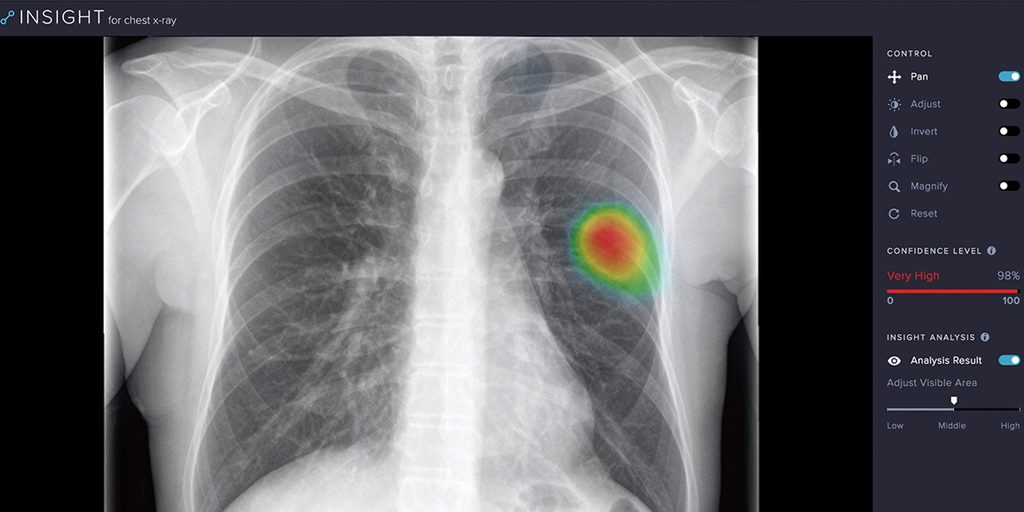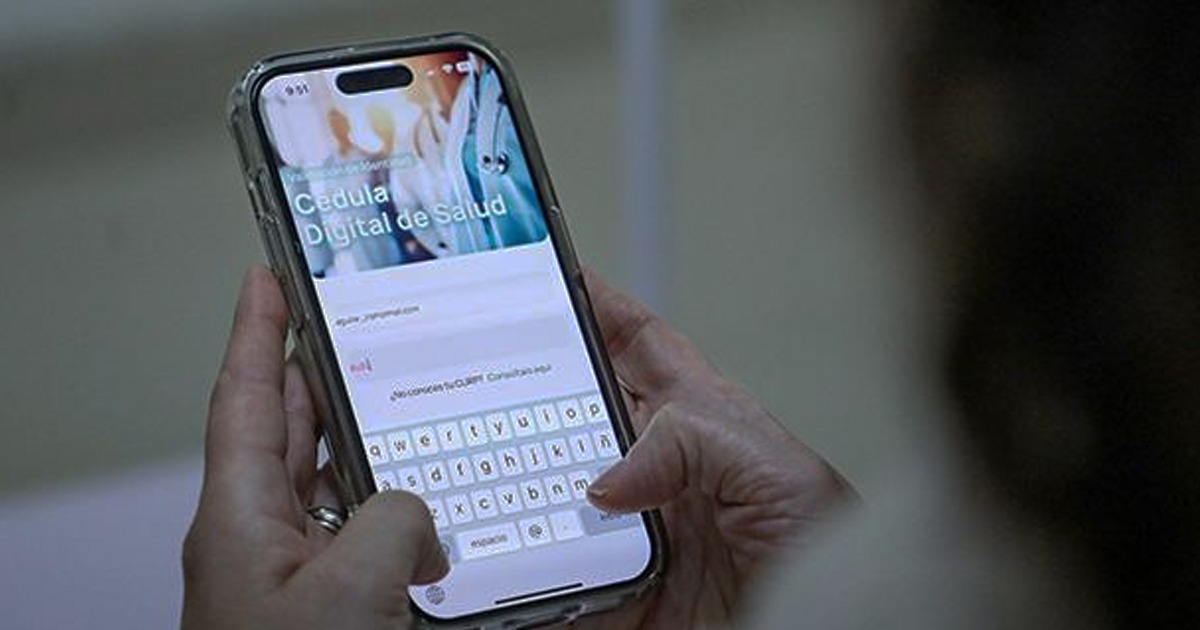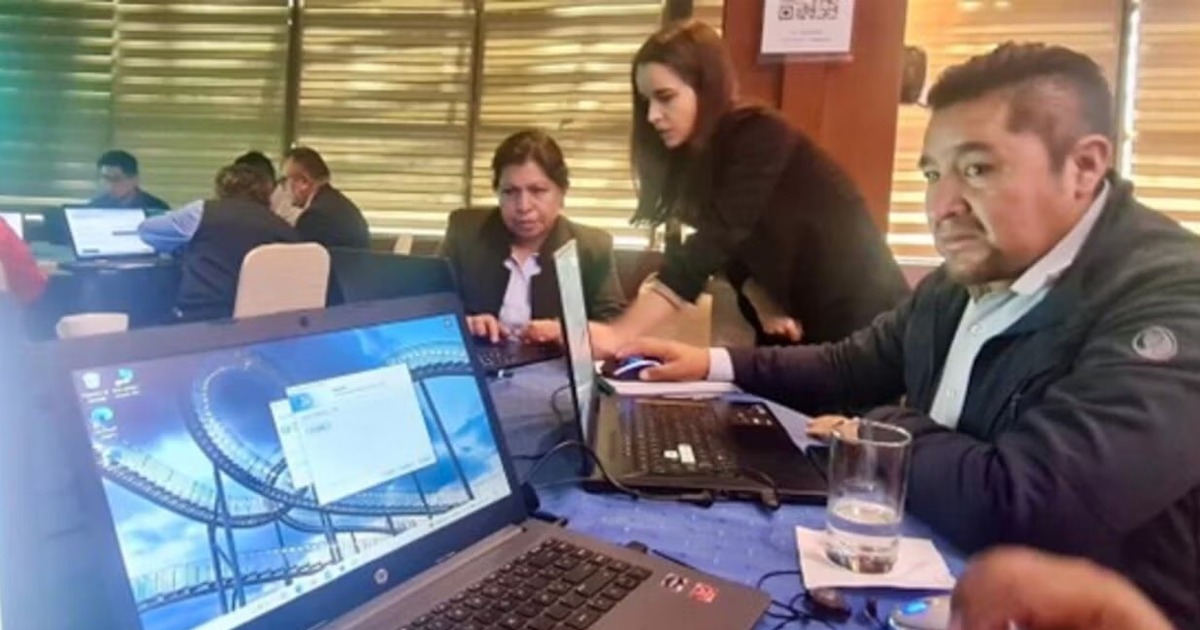The government of the State of Mexico implemented the: "Policies for the Provision of Medical Services to COVID-19 Patients, in Medical Units of the Telemedicine Network of the State of Mexico". However, the Telemedicine network has been operating since 2013.
The National Center of Technological Excellence in Health (CENETEC), reported part of the strategy that has been implemented by the health authorities of the State of Mexico. It all starts from the Telemedicine Network of the State of Mexico, which is responsible for providing remote healthcare services, following various objectives, such as the exchange of data to make diagnoses, prescribe treatments, prevent illnesses and promote the development and professionalization of healthcare professionals.
The Network has four procedures linked to Digital Health that are aligned with CENETEC and the General Directorate of Innovation of the Government of the State of Mexico:
- Medical care by scheduled teleconsultation
- Medical care by immediate teleconsultation
- Medical care through telepresence visits
- Training of medical unit personnel by tele-education.
As part of the COVID-19 strategy, the "Policies for the Provision of Medical Services to COVID-19 Patients" were implemented in all the units belonging to the Telemedicine Network. Among the actions carried out at the first level of care, a pilot program was implemented that includes a web platform in the following portal digital.salud.edomex.gob.mx and a mobile application for Android and iOS. As described on the site: "It provides a way for patients and healthcare providers to communicate directly and securely, through a communication system via chat, call or video".
However, the app's potential lies in being a tool for detecting suspicious cases and classifying patient risk in real time. In addition, it offers patients communication directly with health services.

Through this strategy, a heat map has also been implemented, which allows to obtain in real time the outbreak of contagion in certain geographical areas. The most common symptoms can also be obtained to determine the severity of the disease and to prepare in advance the health resources that will be necessary to attend the population.
Additionally, they have a remote monitoring system, especially to recognize the risk of patients and prevent complications and avoid saturation of health services. Through the screening questionnaire, the intermediate or high risk of COVID-19 is determined in order to follow the corresponding treatment.
As with patients, the monitoring of supplies is also done through the web platform or the app. From there, medical inventories can be updated to quickly detect the lack of supplies and promote coordination between hospitals in the network.
The telemedicine network began operations in 2013. One of the main innovations being the implementation of semi-presential consultations through telepresence robots between 2013 and 2018.
However, despite the strategy and the situation due to the health emergency, 2020, was not the year in which more telemedicine consultations were performed in Edomex. Official figures indicate that 4,140 teleconsultations were performed in 2020 and 6,237 in 2019, for a cumulative total since 2013 of 31, 695 remote consultations. As for tele-teaching sessions in network hospitals, 508 were performed in 2020, up from 537 the previous year; however, in 2020, more than 3,000 were reached in the cumulative total recorded since 2013.





